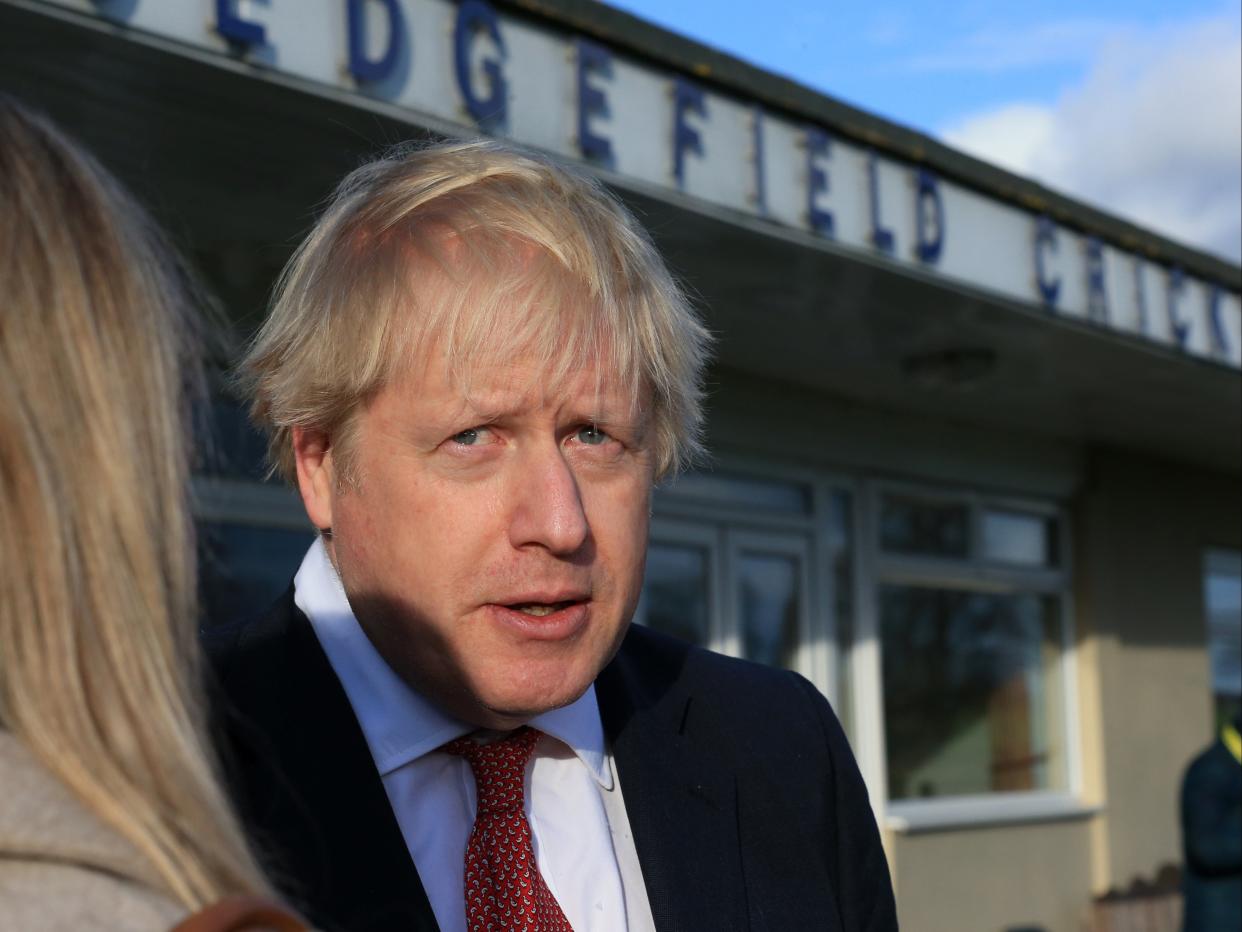Weekly shop will become ‘much more expensive’ in event of a no-deal Brexit, ministers warned

The average weekly shop will become "much more expensive" as import costs for everyday items rise by as much as a third in the event of a no-deal Brexit, a major business group has warned.
Households will be particularly hard hit at the start of next year and into the spring.
The UK will be left without a future trade deal with the EU at the end of December, unless one can be struck in the next few weeks.
Businesses have already been told to prepare for a no-deal Brexit.
David Wells, chief executive of Logistics UK, previously known as the Freight Transport Association, urged ministers to intensify efforts towards an agreement as he warned of steep price rises ahead.
Potential hurdles include restrictions on the number of lorry access permits available to enter the EU, he said.
In a letter to The Sunday Times newspaper, he warned: "Everyday household items we import will become more expensive under World Trade Organisation tariffs, some by 30 per cent or more.
"This will make the household shopping basket much more expensive, particularly in the early part of 2021 when we rely on imports for much of our fresh food."
Cabinet minister Michael Gove has admitted that leaving the transition period without a trade deal would cause "some turbulence".
In his letter, Mr Wells said: "The actual cost of moving goods will also increase, if new vehicles, parts and tyres are also subject to tariffs.
"This is more than 'turbulence', as suggested by Mr Gove last week, and logistics businesses, operating on 2 per cent margins, cannot afford to take on these costs."
On concerns around permits to allow lorries to access the EU market, he added that the UK’s quota would fall short “by a factor of four”.
That fact alone would put businesses at risk “right across the country”, he said.
"We are urging government to keep pressing for a deal with Brussels, to protect not only our industry but the economy as a whole."
Read more
Workers turn Kent fields into 2,000-vehicle lorry park ahead of Brexit
Brexit trade talks could enter crucial ‘tunnel’ phase next week


